Stach is a wayward teen living in squalor on the outskirts of Nazi-occupied Warsaw. Guided by an avuncular Communist organizer, he is introduced to the underground resistance—and to the beautiful […]
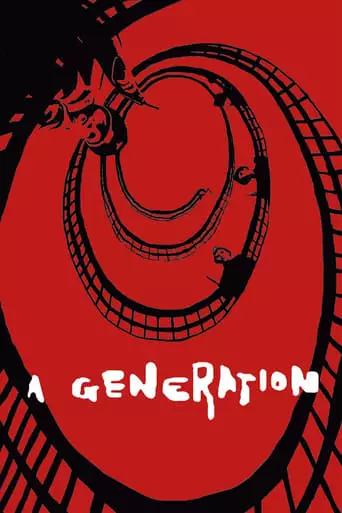
Stach is a wayward teen living in squalor on the outskirts of Nazi-occupied Warsaw. Guided by an avuncular Communist organizer, he is introduced to the underground resistance—and to the beautiful […]

In 1945, as Stalin sets his hands over Poland, famous painter Wladislaw Strzeminski refuses to compromise on his art with the doctrines of social realism. Persecuted, expelled from his chair […]
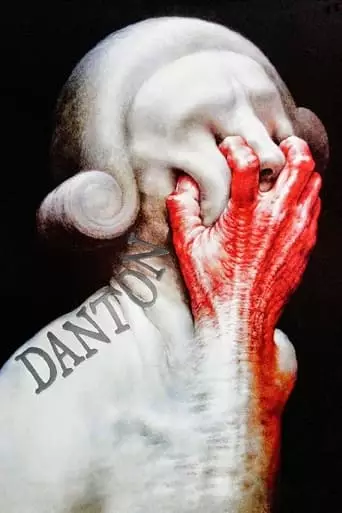
Danton and Robespierre were close friends and fought together in the French Revolution, but by 1793 Robespierre was France’s ruler, determined to wipe out opposition with a series of mass […]
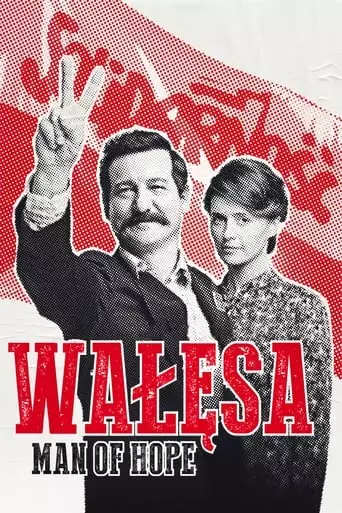
How was it possible that a single man influenced contemporary world so significantly? This film is an attempt to capture the phenomenon of a common man’s metamorphosis into a charismatic […]
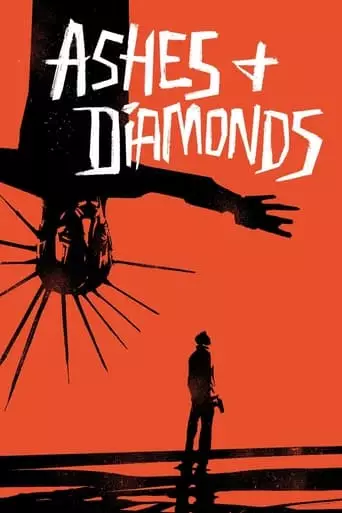
A young academy soldier, Maciek Chelmicki, is ordered to shoot the secretary of the KW PPR. A coincidence causes him to kill someone else. Meeting face to face with his […]
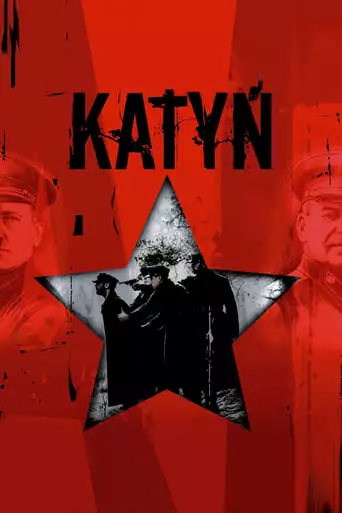
On September 1st, 1939, Nazi Germany invades Poland, unleashing World War II. On September 17th, the Soviet Red Army crosses the border. The Polish army, unable to fight on two […]
Andrzej Wajda: The Master of Polish Cinema and Chronicler of History
Andrzej Wajda (1926–2016) stands as one of the most influential filmmakers in world cinema, renowned for his profound exploration of Polish history, identity, and resilience. Over a career spanning six decades, Wajda directed more than 40 films, blending historical narratives with deeply personal storytelling. His work captured the spirit of a nation grappling with war, occupation, and political oppression, making him a towering figure in both Polish culture and global cinema.
Early Life and Artistic Foundations
Born on March 6, 1926, in Suwałki, Poland, Andrzej Wajda experienced the tumult of World War II firsthand. His father, a Polish cavalry officer, was killed in the Katyn Massacre, a tragic event that would later inspire one of Wajda’s most personal films.
Wajda initially studied painting at the Academy of Fine Arts in Kraków before transitioning to film studies at the prestigious Łódź Film School. His background in visual arts profoundly influenced his cinematic style, marked by meticulous composition and a painterly approach to storytelling.
The Polish Film School and Early Masterpieces
Wajda emerged as a leading voice in the Polish Film School, a movement characterized by its focus on national identity, existential themes, and the scars of war. His early films—part of what is often called his “War Trilogy”—established him as a major talent:
A Generation (Pokolenie, 1955): Wajda’s debut feature explores the lives of young Poles during the Nazi occupation, blending coming-of-age elements with a harrowing depiction of resistance.
Kanal (1957): A groundbreaking film about the Warsaw Uprising, Kanal follows a group of resistance fighters navigating the city’s sewers. Its claustrophobic atmosphere and tragic ending captured the despair and heroism of wartime Poland, earning Wajda the Special Jury Prize at the Cannes Film Festival.
Ashes and Diamonds (Popiół i Diament, 1958): Widely regarded as Wajda’s masterpiece, this film examines the moral ambiguities of post-war Poland through the story of a young resistance fighter torn between duty and disillusionment. Its iconic imagery and complex narrative made it a cornerstone of European cinema.
A Chronicler of Polish History and Struggles
Wajda’s films often grapple with Poland’s tumultuous history, offering an unflinching look at the personal and collective cost of war, political upheaval, and social change.
The Promised Land (Ziemia Obiecana, 1975): A sweeping tale of industrialization in 19th-century Poland, this epic film explores the ruthless pursuit of wealth and power. It received an Academy Award nomination for Best Foreign Language Film.
Man of Marble (Człowiek z Marmuru, 1977): A bold critique of Stalinist propaganda, the film follows a young filmmaker uncovering the truth about a once-revered worker-hero. Its innovative narrative structure and political undertones resonated with audiences during Poland’s communist era.
Man of Iron (Człowiek z Żelaza, 1981): A sequel to Man of Marble, this film focuses on the Solidarity movement and its fight for workers’ rights. It won the Palme d’Or at the Cannes Film Festival and became a symbol of resistance against authoritarianism.
Katyn: A Personal Reckoning
In 2007, Wajda released Katyn, a deeply personal film about the massacre of over 20,000 Polish officers—including his father—by Soviet forces during World War II. The film confronts the long-suppressed truth about the atrocity and its impact on Polish society. Nominated for an Academy Award, Katyn stands as one of Wajda’s most poignant and powerful works, a testament to his lifelong commitment to uncovering historical truths.
Style and Themes
Wajda’s films are distinguished by their:
Visual Poetry: Influenced by his background in painting, Wajda’s films feature striking compositions, symbolic imagery, and a keen eye for visual storytelling.
Historical and Political Depth: Wajda’s work reflects his deep engagement with Poland’s history, offering nuanced portrayals of resistance, oppression, and the human cost of political turmoil.
Moral Ambiguity: His characters often face complex ethical dilemmas, reflecting the shades of gray in history and human nature.
Legacy and Influence
Andrzej Wajda’s contributions to cinema earned him numerous accolades, including an Honorary Academy Award in 2000 for his lifetime achievements. His influence extends far beyond Poland, inspiring generations of filmmakers with his courage to confront difficult truths and his ability to weave personal and historical narratives into cinematic masterpieces.
Wajda also played a significant role in nurturing Polish cinema, mentoring younger filmmakers and advocating for artistic freedom. His work remains a vital part of global film history, celebrated for its artistic brilliance and unyielding commitment to truth.
Conclusion
Andrzej Wajda was more than a filmmaker; he was a historian, an artist, and a moral compass for a nation grappling with its past. His films continue to resonate with audiences worldwide, offering profound insights into the human condition and the enduring struggle for freedom and dignity. As a chronicler of Poland’s soul, Wajda’s legacy endures as a beacon of cinematic excellence and historical conscience.